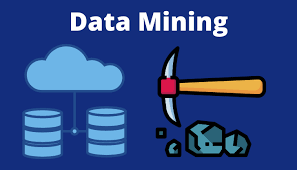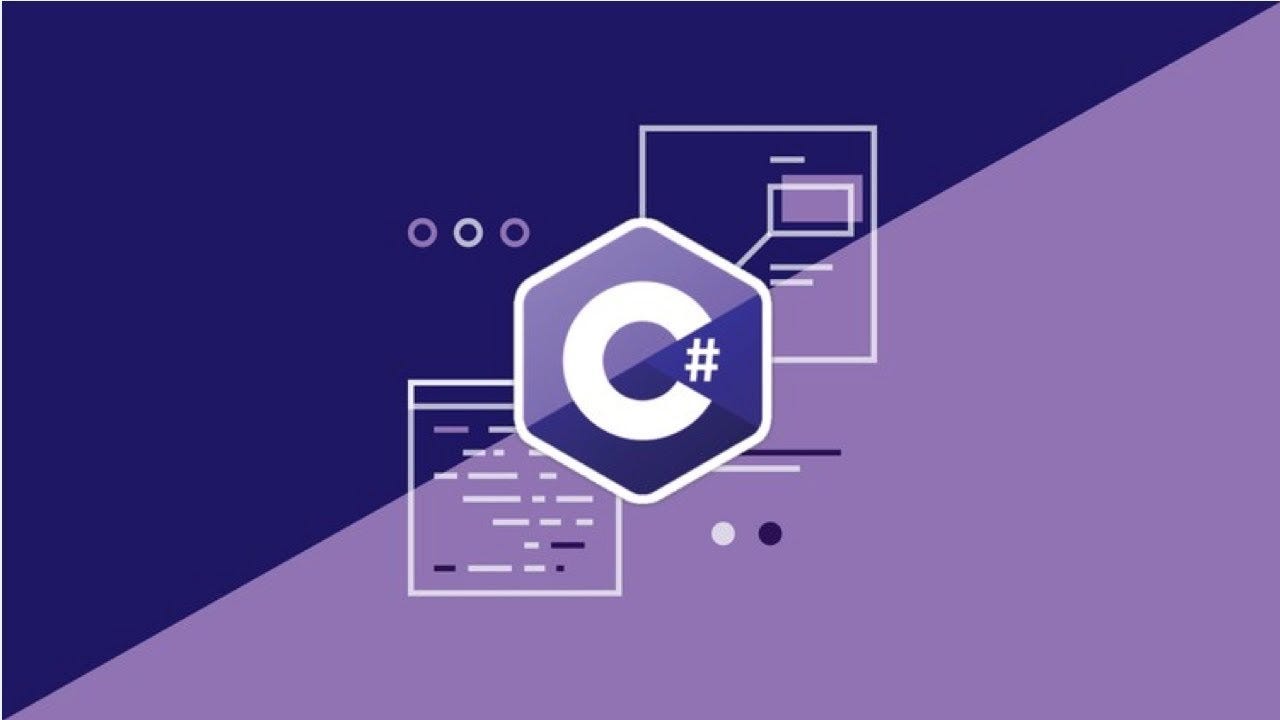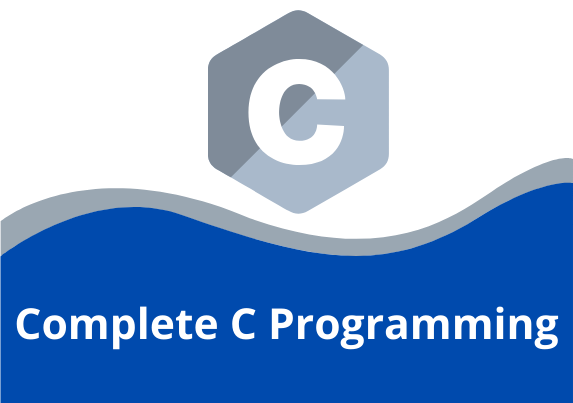Description
About the course
In this course, you will develop a complete program on particle fire explosion, which involves uses of graphics libraries along with fundamental and advanced concepts of C++ programming. This course covers the fundamental concepts of C++ programming including working with operators, functions, loops, etc. Advanced concepts like object-oriented programming are also covered in this course, which includes working with classes and objects, using Inheritance and encapsulation, etc. In addition to this, the course covers the use of SDL, which is a graphics library, and a vital part of the development of a game or a GUI application. The comprehensive use of SDL has been demonstrated to produce an incredible program on particle fire explosion.
Learning Outcomes
After completing this course, you will be able to:
- Understand the syntax and semantics of the C++ programming language.
- Write inline functions for efficiency and performance.
- Create C++ classes for code reuse.
- Implement copy constructors and class member functions.
- Understand the concept of data abstraction and encapsulation.
- Learn how to overload functions and operators in C++.
- Learn how inheritance and virtual functions implement dynamic binding with polymorphism.
- Design and implement generic classes with C++ templates.
- Learn how to Implement SDL graphic libraries to develop GUI based programs.
- Boost your hireability through innovative and independent learning.
- Get a certificate on successful completion of the course.
Target Audience
The course can be taken by:
Students: All students who are pursuing professional graduate/post-graduate courses related to computer science and engineering or data science.
Teachers/Faculties: All computer science and engineering teachers/faculties.
Professionals: All working professionals from computer science / IT / Data Science domain.
Why learn C++?
C++ is one of the most useful and complex programming languages with a huge area of application in the IT/Software industry. C++ overrides the complexities of 3D games, optimizes resource management, and facilitates multiplayer with networking. Many highly used applications, such as Image Ready, Adobe Premiere, Photoshop, and Illustrator, are scripted in C++. Prospects are bright for candidates with knowledge of programming languages like C++. Demand for professionals with a deep knowledge of object-oriented programming using C++ arrays, and C++ structures, and C++ objects is very high. C++ for gaming projects is very popular. So anybody familiar with C++ programming can make a career as a gaming professional.
Course Features
- 24X7 Access: You can view lectures as per your own convenience.
- Online lectures: 16 hours of online lectures with high-quality videos.
- Updated Quality content: Content is the latest and gets updated regularly to meet the current industry demands.
Test & Evaluation
1. During the program, the participants will have to take all the assignments given to them for better learning.
2. At the end of the program, a final assessment will be conducted.
Certification
1. All successful participants will be provided with a certificate of completion.
2. Students who do not complete the course / leave it midway will not be awarded any certificate.





Reviews
There are no reviews yet.